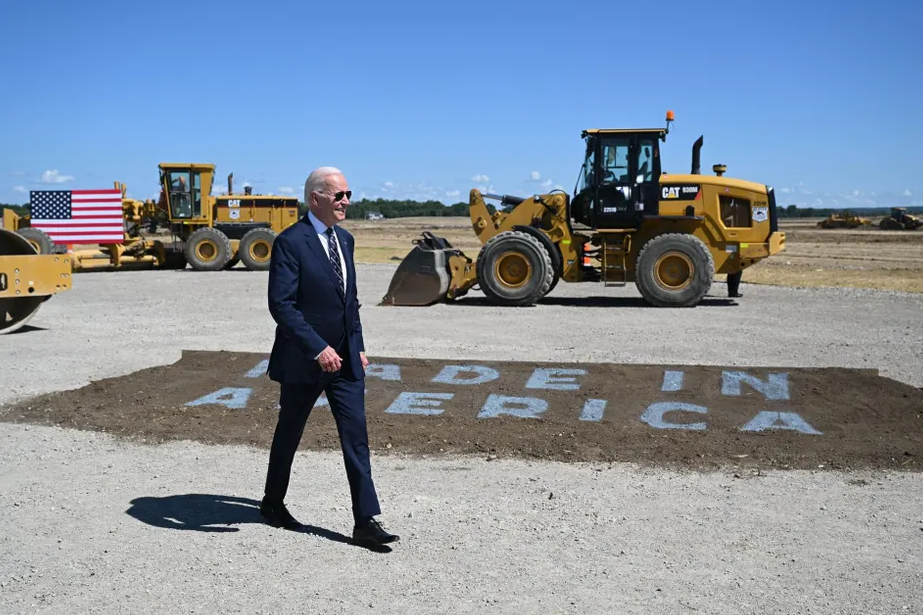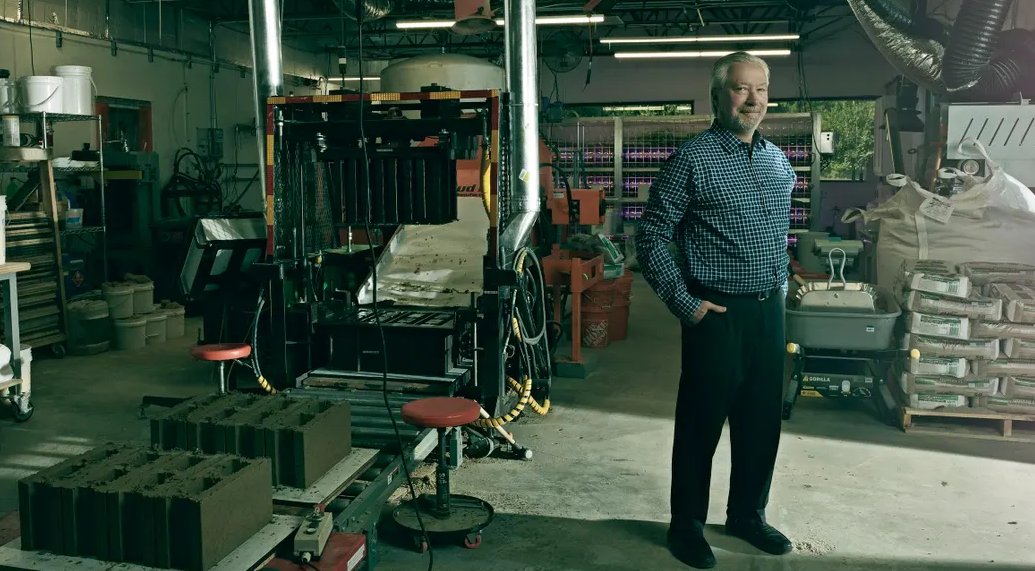As the United States navigates the complexities of economic recovery and industrial growth, President Joe Biden’s industrial policies have come into the spotlight. A recent survey indicates that a significant 75% of manufacturers believe they benefit from these policies, but this doesn’t necessarily translate into political allegiance or unwavering support for the current administration.
The findings reveal a nuanced relationship between economic interests and political preferences, demonstrating that business decisions often hinge on practical outcomes rather than ideological alignments.
The Manufacturing Landscape Under Biden
President Biden’s approach to economic policy, including his “Build Back Better” initiative, has centered around strengthening domestic manufacturing, creating jobs, and bolstering infrastructure. This approach reflects a broader commitment to revitalizing American industry, which has faced challenges in recent decades.
The survey, conducted by a respected research organization, involved a diverse group of manufacturers from various sectors, including electronics, machinery, and automotive. It aimed to gauge their views on the impact of Biden’s industrial policies on their businesses.
Manufacturers Benefit but Remain Nonpartisan
A significant 75% of manufacturers reported that they had seen benefits from the Biden administration’s industrial policies. These benefits ranged from increased investment in infrastructure, which could enhance the transportation of goods, to incentives for reshoring and strengthening domestic supply chains.
However, the fact that these manufacturers acknowledge the positive impact of these policies doesn’t necessarily translate into political allegiance. In fact, the survey results emphasize that business leaders often separate their economic interests from their political preferences.
The manufacturers who responded positively to the policies were not uniformly Biden voters, and many maintained a nonpartisan stance. Their support for specific measures, such as infrastructure investment, doesn’t imply an endorsement of the entire political platform or ideology of the administration.
Pragmatism over Partisanship
The manufacturing sector has a history of navigating a pragmatic path, focusing on economic opportunities and competitive advantages rather than strict political loyalties. For manufacturers, especially those operating on a global scale, a balanced approach is vital to success.
While they may appreciate certain policies aimed at fostering domestic production and reducing supply chain vulnerabilities, manufacturers often remain open to diverse economic strategies. They understand that economic policies can fluctuate with changing administrations, and adaptability is crucial.
Impact on Jobs and Economic Growth
One of the key areas where manufacturers have seen positive effects is job creation. Biden’s emphasis on strengthening the manufacturing sector has contributed to a sense of optimism among business leaders. The policy framework prioritizes skilled labor, innovation, and resilience, all of which can bolster job growth within the sector.
Moreover, economic growth is another factor that manufacturers are keen to prioritize. The focus on infrastructure investment and the promotion of clean energy technologies align with the broader objective of making American industry more competitive and sustainable on the global stage.
Challenges and Concerns Remain
Despite the positive feedback on many fronts, manufacturers continue to face certain challenges and express concerns. Some manufacturers cited issues related to inflation, the rising costs of raw materials, and supply chain disruptions. These challenges, while not directly linked to the administration’s policies, underscore the complexities of operating in a dynamic global market.
Moreover, some manufacturers expressed concerns about the impact of proposed tax policies and regulations. As the Biden administration seeks to fund its ambitious initiatives, questions about how these measures may affect business operations and investment decisions remain valid.
Bipartisanship in Economic Policy
The nonpartisan stance of many manufacturers highlights the importance of bipartisanship in economic policy. Both parties have long recognized the need to strengthen American manufacturing, invest in infrastructure, and create jobs. The survey findings underscore the potential for finding common ground to address these shared objectives.
Collaboration and compromise between political parties, as well as between the government and the private sector, are essential for driving the nation’s economic growth. This bipartisanship can ensure that the manufacturing sector remains competitive and resilient, supporting job creation and overall economic health.
Conclusion: Economic Interests and Pragmatism
The 75% of manufacturers who acknowledge the benefits of President Biden’s industrial policies illustrate a crucial point: economic interests often take precedence over political affiliations. Business leaders, especially those in manufacturing, are inherently pragmatic, making decisions based on practical outcomes and competitive advantages.
The survey findings underscore the complexity of the relationship between the private sector and government policies. Manufacturers may appreciate specific measures that align with their economic goals while remaining open to diverse economic strategies. As the nation seeks to bolster its manufacturing sector, job growth, and infrastructure, the emphasis on pragmatic economic decision-making remains a fundamental aspect of the manufacturing landscape.


